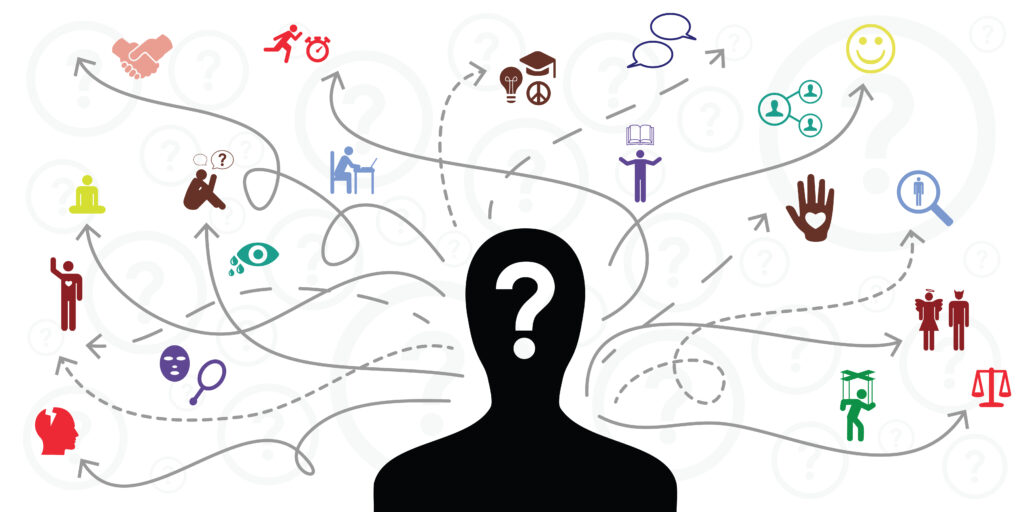Accountability is such a critical aspect of a healthy culture. Accountability builds trust, and trust is the foundation for a functional and healthy organization. A few weeks ago I wrote about a vision for an ideal school/organizational culture that included having a culture of accountability. Recalling various discussions with clients and colleagues over the years, I have heard comments such as:
- “There’s just a general lack of accountability around here, and I don’t know what to do about it.”
- “[This colleague] demonstrates a complete lack of accountability.”
- “How can I hold people accountable when there is not a culture of accountability on this team?”

I’m always left with these questions “What do you mean by accountability? Which aspect seems to be missing in your organization? Specifically — can you give an example?”
Because unless you get specific about what you mean by such a sweeping generalization, it’s hard to come up with a solution. There are strategies you can take as an individual to increase accountability on your team, but the strategies depend on the specific situation. I’ll tell you one strategy that won’t work – demanding accountability. That’s like saying “be better” and expecting someone to know what you mean.
There are certainly ways for team leaders to build accountability into an organizational structure, but what if you are “just” a person on a team and you want to do something to improve accountability among your peers? Can you do it? Absolutely. Let me share a few examples that might sound familiar.
“When a draft document is sent out to a group for review, no one ever responds except for me.”
When this happens, consider “calling people in.” Rather than either waiting for others to take ownership or taking on the burden of providing all of the feedback, ask a question to a colleague. Pose a question and “tag” your colleague. “Hi @Amy I’m wondering what you think of this approach. I know your team did something similar – Does it align with the ways your team has approached this type of work?” This brings other people into the conversation and acknowledges the value they would provide by engaging.
“We leave meetings after having lengthy discussions and depending on who is responsible for the takeaways, it’s possible that nothing will happen.”
Even if you are not the meeting organizer, suggest that there be time held to review action items at the end of the meeting with an indication of the person responsible, and ask how the group will check in on progress. Will you start the next meeting with a review of these items? Something else?
“When we are planning a big event, I never know if X is going to do their part.”
This issue, especially if it is a recurring one, could mean that people aren’t clear on their roles or responsibilities. The recommendation from the previous issue can work here too – ensure that responsibilities are clearly outlined for each piece of work and that there is a transparent way for all to see what has and hasn’t been done.
The overarching theme here, in my view, is to lead by example and to ask questions that result in accountability as opposed to placing blame when things don’t get done.
What ways have you had success in increasing accountability with your peers?
0 Comments